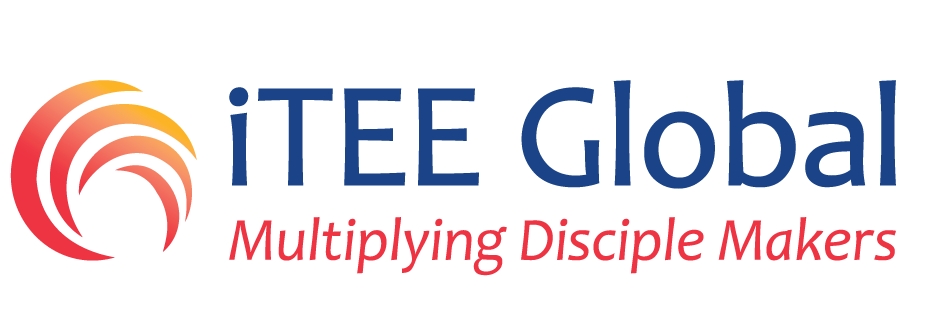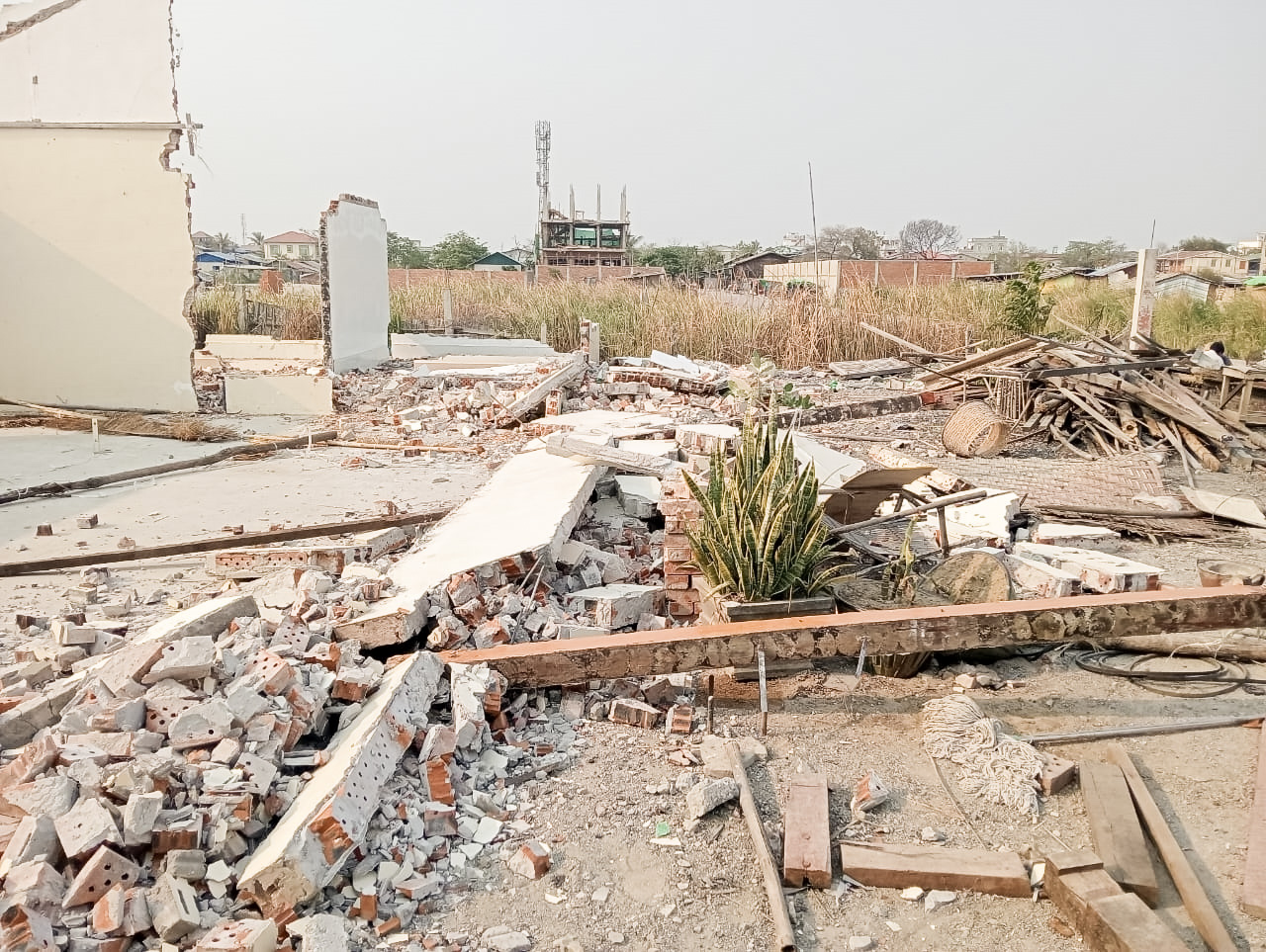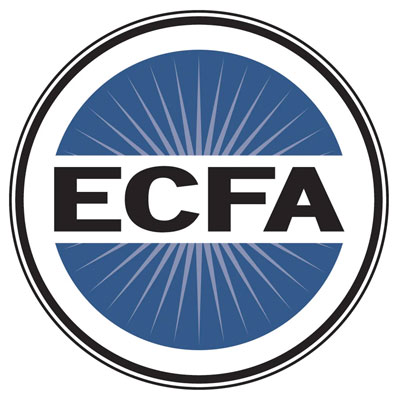In many parts of the world, learning is a challenge. And sometimes a major challenge! Regardless of their strong desire to be trained, students can face several obstacles. But what can go wrong?
The Bible says in Mark 2:4 (ESV): “And when they could not get near him because of the crowd, they removed the roof above him, and when they had made an opening, they let down the bed on which the paralytic lay.” In this passage of Scripture, men removed the obstacle for the paralytic man to see Jesus and be healed. As disciple-makers, we must do our best to remove obstacles that may prevent people from coming to Jesus.
iTEE Global trains students in many parts of the world. We know the many obstacles they face as they try to access the courses. As a ministry, we are doing our best to help remove those obstacles.
Removing Obstacles of Electricity
In the slums on the side of a mountain in Freetown, Sierra Leone, Pastor Francis and his church lack a consistent electricity supply. In the evenings, his face-to-face training is lit by cellphone lights.
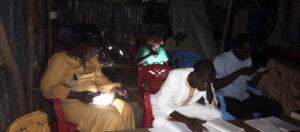
The students use their cell phones to download a Moodle app and join courses. A recent partnership between iTEE Global and SonSet Solutions may help these students with their power needs. SonSet Solutions, a ministry that equips its partners with technical tools, information, and support services, began a pilot project with Pastor Francis; the generosity of a church sponsor made it possible. In August, SonSet Solutions will provide his church in Freetown with a solar ministry kit to provide electricity for projection, microphones, lighting, and a cell phone charging station.
iTEE Global would love to equip more ministry leaders around the world with one of these kits. If you would like further information, please contact beverlyd@iteeg.org.
Removing Obstacles of Security
Many of our students live in areas where other religions predominate or in countries that are at war; sometimes it can be unsafe to travel especially as a Christian. A few months ago in Myanmar, a predominately Buddhist country, one pastor went to his church in the morning and the church building was missing; the military had carried it off in the middle of the night. The government has used several tactics to intimidate the citizens and is even drafting young people into war, and many of them are dying. Training has become a challenge for their community.
Similarly, in countries where the government controls access to the Internet and limits global viewership because of poverty, war, or political climate, we are removing obstacles to train our students. They download lessons sent securely by a facilitator, take pictures of their written answers, and return them to the facilitator. This is an innovative way that iTEE Global is using to train students in those settings.
Removing Obstacles of Cost
According to worldpoverty.io, 7.8% of the world’s population lives in extreme poverty. That is approximately 627,119,097 people. Jesus proclaimed in Luke 4:18 (NIV), “The Spirit of the Lord is on me because he has anointed me to proclaim good news to the poor. He has sent me to proclaim freedom for the prisoners and recovery of sight for the blind, to set the oppressed free.” Jesus was anointed to do his work and to be like Jesus, we must try to remove the obstacle of cost for pastors who desire to receive theological training but currently live in poverty. ITEE Global sets appropriate tuition costs for each country based on the learners’ ability to pay. For the students in the Maasai tribe in Kenya for example, training is done face-to-face by volunteers. Volunteers’ dedication and service become a factor in reducing the cost of education and training. iTEE Global uses digital formats for all online training, therefore reducing overhead, printing, and mailing costs. A collaborative effort with local leaders ensures the delivery of quality educational materials to train pastoral leaders to become self-sustaining disciple-makers. Regardless of the financial situation of many of these pastors, iTEE Global provides them with excellent theological training.
Removing Obstacles of Basic Education
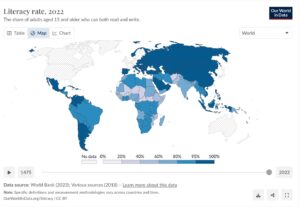
In North America, we take literacy for granted. But in many parts of the world illiteracy rates remain high. Millions of people lack formal education or written language. Several students of iTEE Global cannot read, and many others do not have a high school diploma. So how do we train them? Often, this obstacle is removed by local leaders who conduct face-to-face training or use audio files. When one person in a village understands English or another language for which we have training materials, it becomes possible to teach the entire village in their heart language. One of our students who is a pastor in Pakistan translates materials into Urdu to train others.
Removing Obstacles to Study
Students who are bi-vocational pastors, work full or part-time, and juggle church, family, and community responsibilities. In areas where they live, the daily commutes between various locations for different activities limit their time to study. iTEE Global offers online programs allowing them to study on a flexible schedule.
To close the gap with the community of learners who have disabilities, audio files were produced to help our students who are blind. Students with other learning disabilities or learning challenges also benefit from these audio files. This feature can be made available to all students to make training more flexible in multiple ways and environments. They can listen to the lessons and increase their multisensory learning capacity. It is through these innovative and flexible approaches of tailored training that iTEE Global receives referrals from students who are attending the programs.
Overcoming Sociopolitical Situations
THE LEARNING COMMUNITY
A Salvadoran experience
For the last 30 years, El Salvador, a country in Central America, has been known because of the gang issues that affect the sociopolitical situation. A major concern had been how the gangs organize, operate and even negotiate with the national government. The president was re-elected a few months ago. He decided to retake control of the “barrios” (neighborhoods) which were gang territories. This is a challenging endeavor, and the government expressed the need for the support and help of the citizens to be successful.
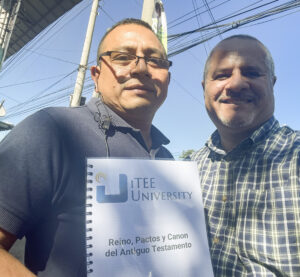
César, a student of iTEE University, lives and works in El Salvador. He works for the National Police Force. About five years ago, they hired civil forces to investigate who was related to the gangs, their leaders, or even their sympathizers. This brother was one of them, assigned to investigate in his church. Is this spying or doing a greater good? The result of his findings remains uncertain. But this is what he said about the experience: “I used to be an elder at my former church, and I had a tough assignment to do. At that time, I resigned and moved to another church. Despite the work I had to do, my fellow students are still in contact with me”. César also said, “In our country, we live safer now than before. The situation is still difficult, but we are learning to help one another. Thanks to this Learning Community at iTEE University, I have found a family that prays and stays connected to me. I now lead devotions with my fellow workers and my family and I pray with them.” He said he wanted to sponsor another student. “Hopefully, it will be very soon”, he added.
